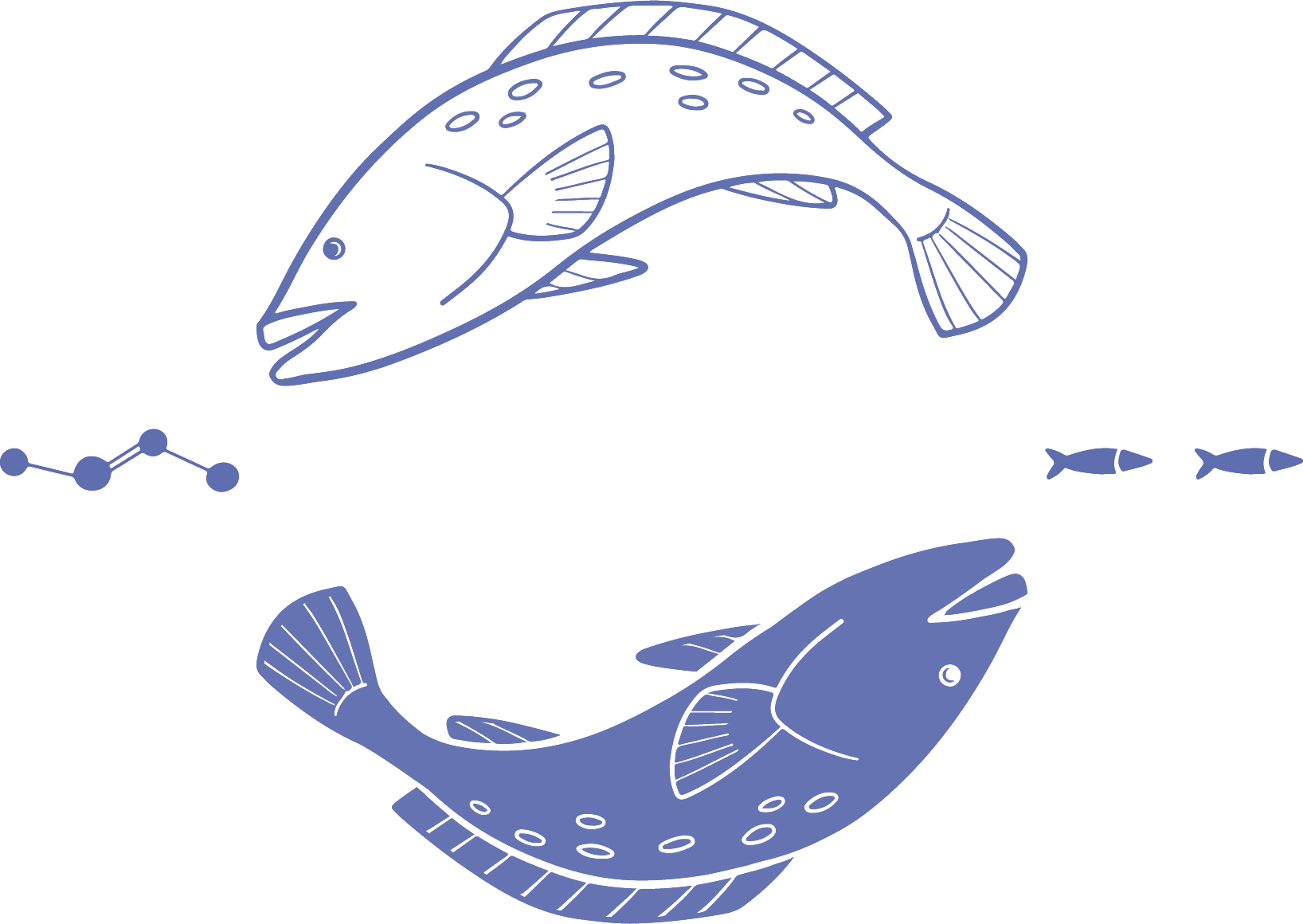
EMMANUEL TESSIER
[English below] Emmanuel Tessier est chercheur à l’Ifremer dans l’UMR MARBEC (Marine Biodiversity Exploitation and Conservation), responsable du laboratoire d’halieutique Méditerranéenne après avoir été trois ans responsable de l’unité LEAD (lagons, Écosystèmes et Aquaculture Durables) de l’Ifremer en Nouvelle-Calédonie. Très tôt dans son parcours professionnel, il a pris conscience des impacts des pollutions et contaminants sur les écosystèmes marins tropicaux. Dans un premier temps, entre 1997 et 2005, en tant que chargé de mission d’un comité régional des pêches au sein duquel il a eu à gérer les questions de contamination des poissons pélagiques par le mercure. Puis de 2006 à 2014, dans le cadre de missions de gestion et de conception d’aires marines protégées, au cours desquelles les pollutions par les contaminants et le changement climatique sont apparues comme les principales menaces sur les écosystèmes tropicaux. Au sein du centre de ressources technologiques à la Réunion (l’Association Réunionnaise pour le Développement de l’Aquaculture) entre 2014 et 2018, il a notamment mené des expérimentations dans le domaine de l’alimentation de poissons d’aquaculture (Tilapia – Oreochromis sp., Ombrine ocellée – Sciaenops ocellata) en partenariat avec un partenaire privé.
Son implication dans le projet TONIC se fera au travers d’échanges principalement dans le cadre du WP3, sur la configuration et le design expérimental. Le projet TONIC offre un cadre de recherche collaboratif permettant de mieux comprendre les impacts des contaminants sur la biologie des poissons et d’inscrire cette démarche dans un contexte de changement climatique. Il offre de plus un partenariat élargi valorisant l’expertise et les infrastructures de recherche du territoire.
Emmanuel Tessier is a researcher at Ifremer in the UMR MARBEC (Marine Biodiversity Exploitation and Conservation), head of the Mediterranean fisheries laboratory after having been head of the LEAD unit (lagoons, Ecosystems and Sustainable Aquaculture) of the Ifremer in New Caledonia. Very early in his career, he became aware of the impacts of pollution and contaminants on tropical marine ecosystems. Initially, between 1997 and 2005, as project manager for a regional fisheries committee where he had to manage issues of pelagic fish contamination by mercury. Then from 2006 to 2014, as part of management and design missions for marine protected areas, during which pollution by contaminants and climate change emerged as the main threats to tropical ecosystems. Within the technological resource center in Reunion Island (Reunion Association for the Development of Aquaculture) between 2014 and 2018, he notably conducted experiments in the field of aquaculture fish feed (Tilapia – Oreochromis sp., Ombrine – Sciaenops ocellata) in partnership with a private partner.
His involvement in the TONIC project will be through exchanges mainly within the framework of WP3, on configuration and experimental design. The TONIC project offers a collaborative research framework to better understand the impacts of contaminants on fish biology and to place this approach in the context of climate change. It also offers an expanded partnership that enhances the region’s expertise and research infrastructures.


